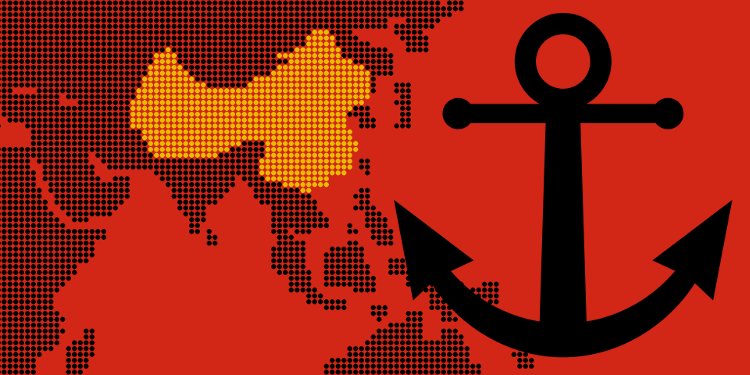We see the psychology of Chinese cultural leadership on full display. China stopped communicating with Taiwan. An accidental firing of a live missile, killing one and injuring two, on a parked Taiwanese naval corvette was judged to indicate a “loose screw” in Taiwan’s military leadership.
The KMT-Nationalists from Mainland China have been managing Taiwan’s military for the last several years. The sailor responsible for the accidental firing was fatigued on the day of an inspection. They didn’t use a two-person firing system; it only took one sailor to fire. The Taiwan incident indicates “Mainlander” leadership, not the leadership of the opposition party that only took power within the last few months. We still don’t know how that new leadership will turn out. But, refusing to capitulate to China’s unilateral definitions is a good indication that Taiwan has strong leadership.
As for the force controlling China’s Mainland, the Communists, they are on trial over their activity in the South Sea. What is their solution? They hold more Naval exercises in the very waters they are being pressed over. Usually when a man is on trial, it is best if he pretends to be weak. While Beijing loudly denies it, actions indicate thoughts that a “show of force” will soften the decision of the international courts—because that works with Chinese courts, just as it works when the KMT did it with courts in Taiwan. However, the West will see China’s navel drill as further inditing evidence—of either excessive force or lack of discretion.
China is making it difficult for even Russia to come to their defense. Taiwan is making it difficult for America to want to give them missiles, unless meaningful changes happen soon, but that’s too soon. Taiwan claims to see the need for changes, but we’ll see. Beijing apparently thinks the opposite and then says opposite of that. The wise should be concerned over any force that doesn’t know his own situation.
By demonstrating the same worldview in both militaries, we can suspect that similar antics and accidentals are already happening in both. But there is another factor: Communication.
By cutting the “communication mechanism” with Taiwan over a unilaterally defined “one China”, China thinks it is making a power move, when actually, it has sabotaged its own intel gathering. More importantly, in the eyes of the watchful West, China proves that it doesn’t mean what it says. By not communicating with Taiwan over the “one China” concept—according to its own “one China” claim—China is not communicating with itself. That means that China never really believed its own “one China” idea in the first place.

